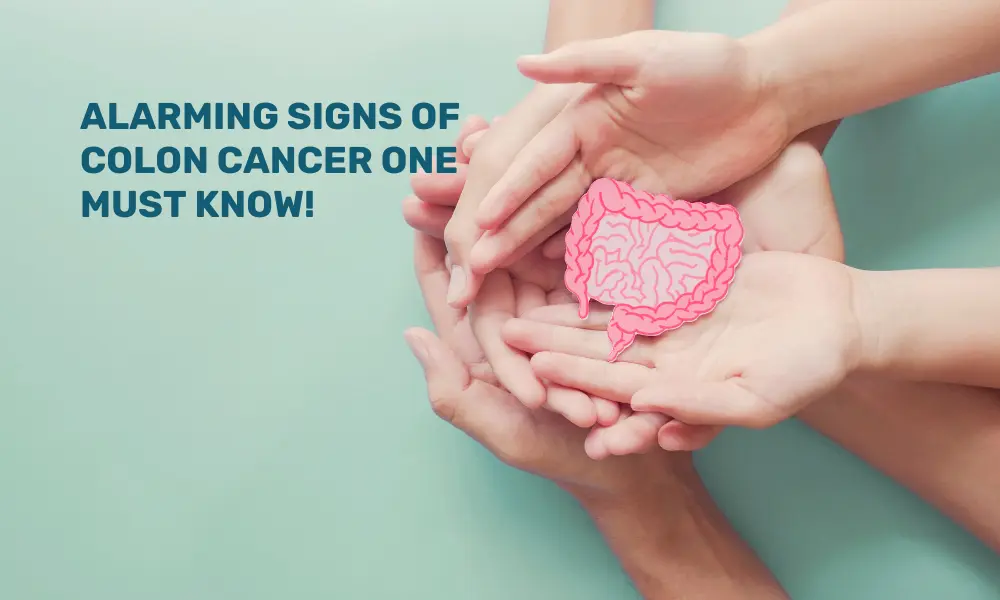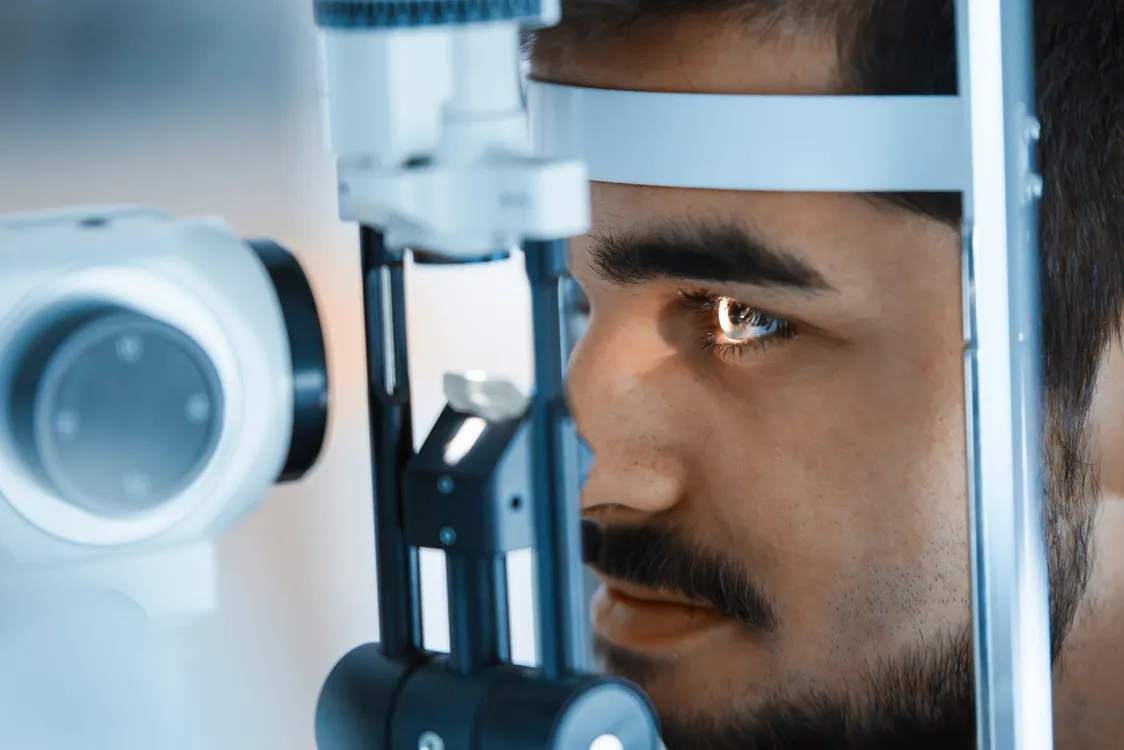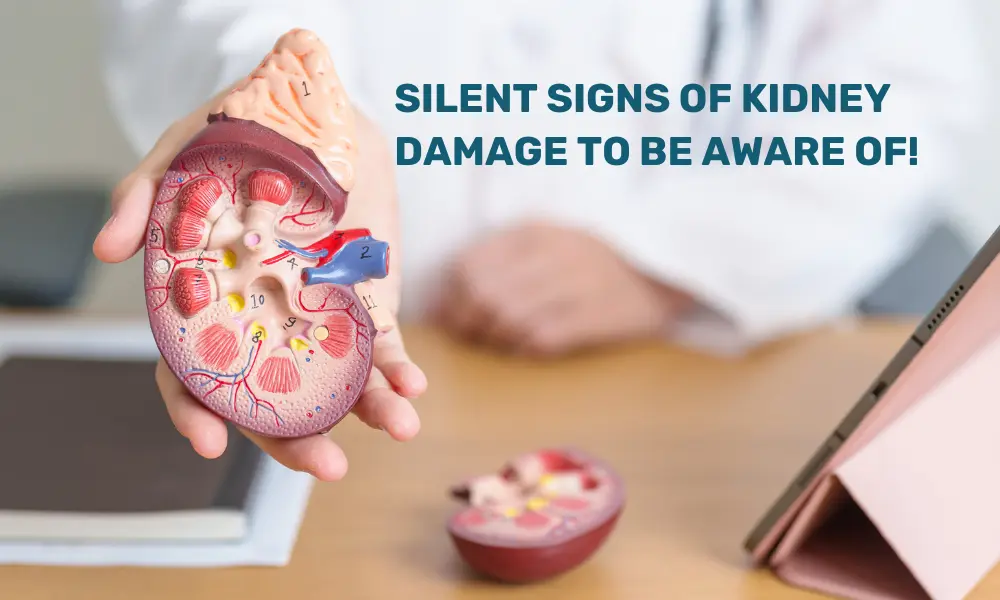A common type of cancer mainly detected and diagnosed across the globe is colorectal or colon cancer, which usually starts in the rectum.
According to the World Health Organisation (WHO), it is not only the most common type of cancer but also the second leading cause of death. However, with early detection and treatment, colon cancer can be prevented. Let us understand more about colon cancer and some early signs of the disease.
Colon Cancer
Colon cancer, also referred to as colorectal cancer, is a cancer type that occurs when the cells in the colon area or rectum grow out of control. These abnormal growths, also called polyps, form in the colon and rectum, and they sometimes turn cancerous.
While this disease primarily affects older individuals, more and more cases of younger patients being diagnosed with it are coming up.
Causes of Colon Cancer
Several lifestyle factors contribute to the development of colorectal cancer, such as:
-
Obesity
-
Low intake of fruits, vegetables, and fiber
-
High intake of processed meats
-
Sedentary lifestyle
-
Smoking, and excessive alcohol consumption
Signs and Symptoms of Colon Cancer
-
Blood in the stools:
Traces of blood in your stool can also be a sign of colon cancer. While blood in the stool is not a normal factor, it necessarily does not mean it is cancerous. However, a proper diagnosis can help them treat the condition accordingly.
-
Change in bowel habits:
Sudden and unexplained changes in the bowel pattern can be a sign of colon cancer. However, you must keenly observe the changes or abnormalities in your bowel. These changes should not be dismissed, as they require immediate medical attention.
-
Diarrhoea:
Having loose motions and consistent diarrhea can be a sign of colon cancer. In cases where the condition shows no improvement, even with medication, one must visit the doctor.
-
Unnecessary weight loss:
If you have experienced a sudden weight change or weight loss without making a significant change in your diet or daily routine, it could be a sign of colon cancer. While such weight losses are not usually caused by cancer, getting them properly diagnosed will help find the true cause.
-
Abdominal pains/cramps:
There are also instances of sudden and long-lasting stomach aches or cramps. Any sort of stomach pain or discomfort in the abdominal region should be a matter of concern and can be an early sign of colon cancer. One must check it with a doctor without delay.
Additionally, few common signs, may also include abdominal pain, rectum bleeding, diarrhea, and iron deficiency anemia. However, one must consult a specialist without wasting time in case of experiencing any of the above symptoms.
Preventive measures:
-
Get Screened
-
Maintain a Healthy Weight
-
Avoid smoking
-
Be Physically Active
-
Limit Alcohol – Zero is Best
-
Limit Red Meat, specially Processed Meat
-
Get Enough Calcium and Vitamin D
-
Eat More Whole Grains and Fiber
Generally, diets that include lots of vegetables, fruits, and whole grains have been linked with a decreased risk of colon or rectal cancer. Also, eat less red meat (beef, pork, or lamb) and processed meats (hot dogs and some luncheon meats), which are linked with an increased risk of colorectal cancer.





